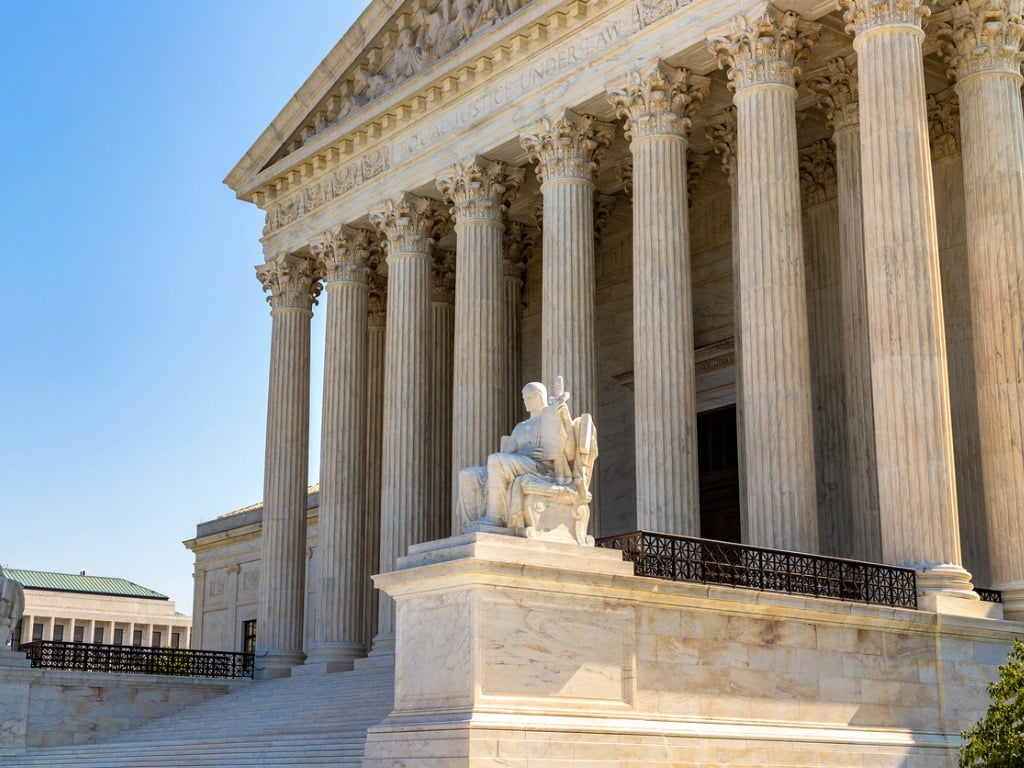On January 13, the U.S. Supreme Court agreed to hear two consolidated False Claims Act (FCA) whistleblower cases with tremendous implications for the ability of whistleblowers and the government to hold fraudsters accountable under the FCA.
The two cases, U.S. ex rel. Schutte v. SuperValu and U.S. ex rel. Proctor v. Safeway, both stem from qui tam whistleblower suits accusing pharmacy operators of defrauding Medicare and Medicaid. Whistleblowers allege that SuperValu and Safeway overbilled Medicare and Medicaid by billing for prescription drugs based upon artificially high drug prices when in actuality they were charging customers much lower prices.
Under the FCA, whistleblowers with knowledge of government contracting fraud may file qui tam whistleblower lawsuits against the fraudsters on behalf of the U.S. government. Since 1986, qui tam suits have allowed the government to recover over $70 billion from fraudsters.
In both of the cases consolidated by the Supreme Court, the Seventh Circuit ruled that while the pharmacy operators did overbill the government, they did not commit fraud because they operated under an “objectively reasonable” interpretation of the law. The Seventh Circuit ruled that this “objectively reasonable” interpretation of the law means the company did not commit fraud even if the company did not actually believe in the interpretation and actively sought to defraud the government.
Since the Seventh Circuit rulings, whistleblower advocates and the Department of Justice have pushed back against this interpretation of the FCA and called upon the Supreme Court to reverse the ruling.
In May 2022, Senator Chuck Grassley (R-IA), who championed the legislation modernizing the FCA in 1986, filed an amicus brief asking the Supreme Court to review U.S. ex rel. Schutte v. SuperValu and maintain the FCA’s strength.
“SuperValu’s radical departure from the statute continues a lamentable tradition of some courts interpreting the FCA in an unduly restrictive fashion, which Congress and this Court repeatedly have stepped in to correct,” Grassley writes in the brief. “The Court should grant certiorari to repair this tear in the FCA. If it is not set right, it will not be long before the centerpiece of the government’s anti-fraud arsenal becomes unusable.”
“If the False Claims Act is weakened, taxpayers are ultimately the ones who pay the price. That’s why I’m strongly advocating for the Supreme Court to uphold the government’s most useful and effective fraud-fighting tool – a tool that has helped save taxpayers $70 billion since I pushed to strengthen it. I’ll continue working to root out fraud, waste and abuse by protecting and strengthening the False Claims Act,” Grassley said in a press release.
Whistleblower advocacy group, Taxpayers Against Fraud, and the Department of Justice also filed amicus briefs calling on the Supreme Court to review the issue.
Further Reading:
Court grants review in new batch of cases, including dispute on religious rights of employees
Sen. Grassley Urges Supreme Court to Maintain False Claims Act’s Strength
